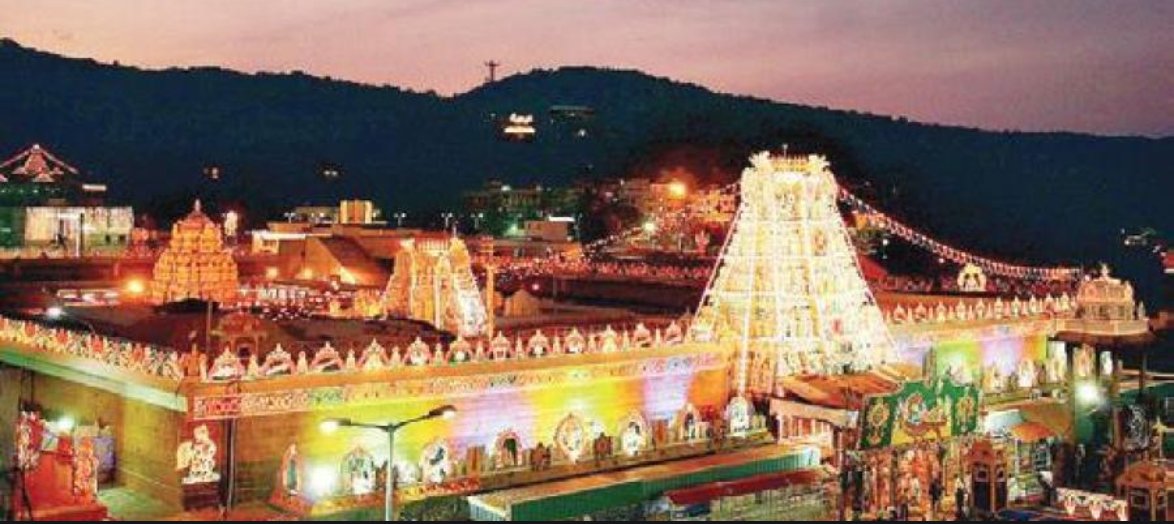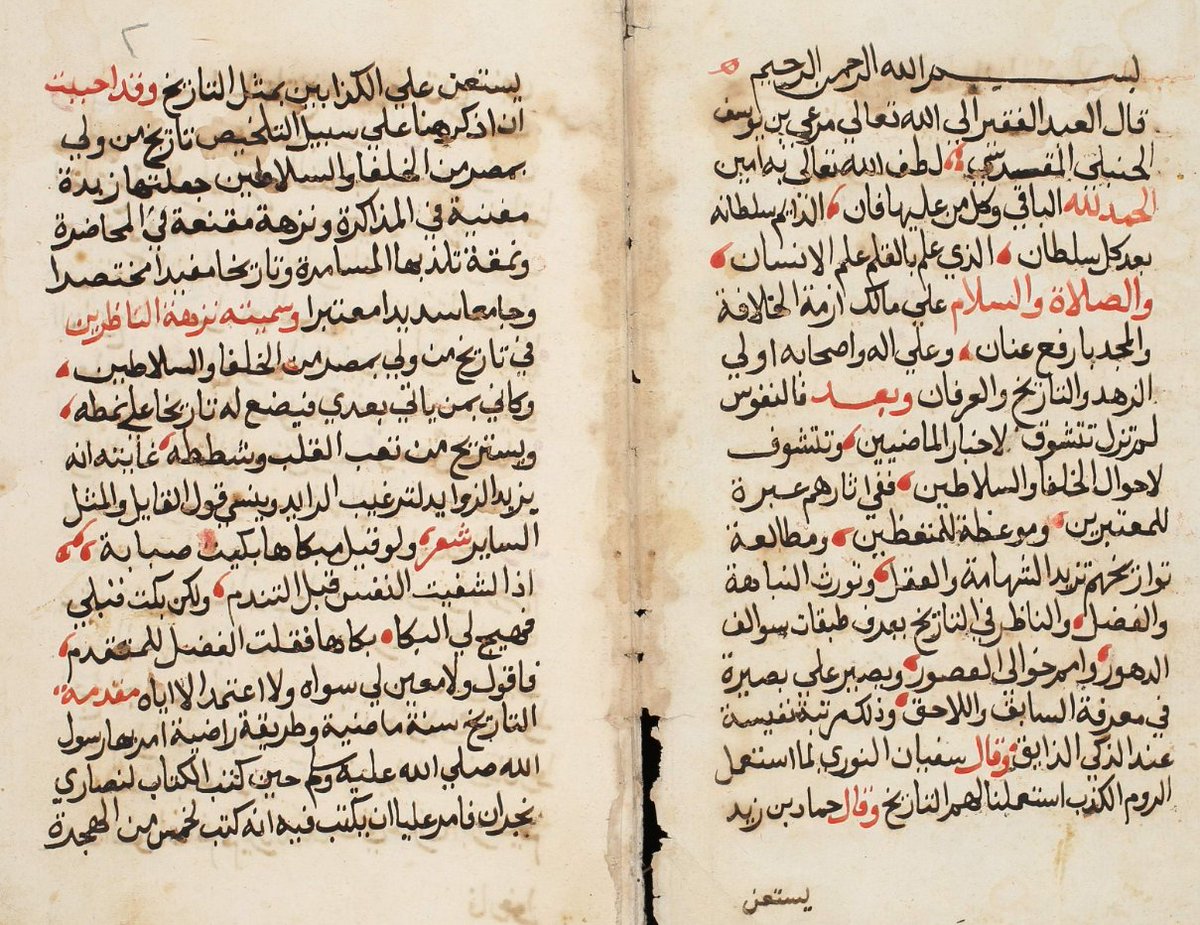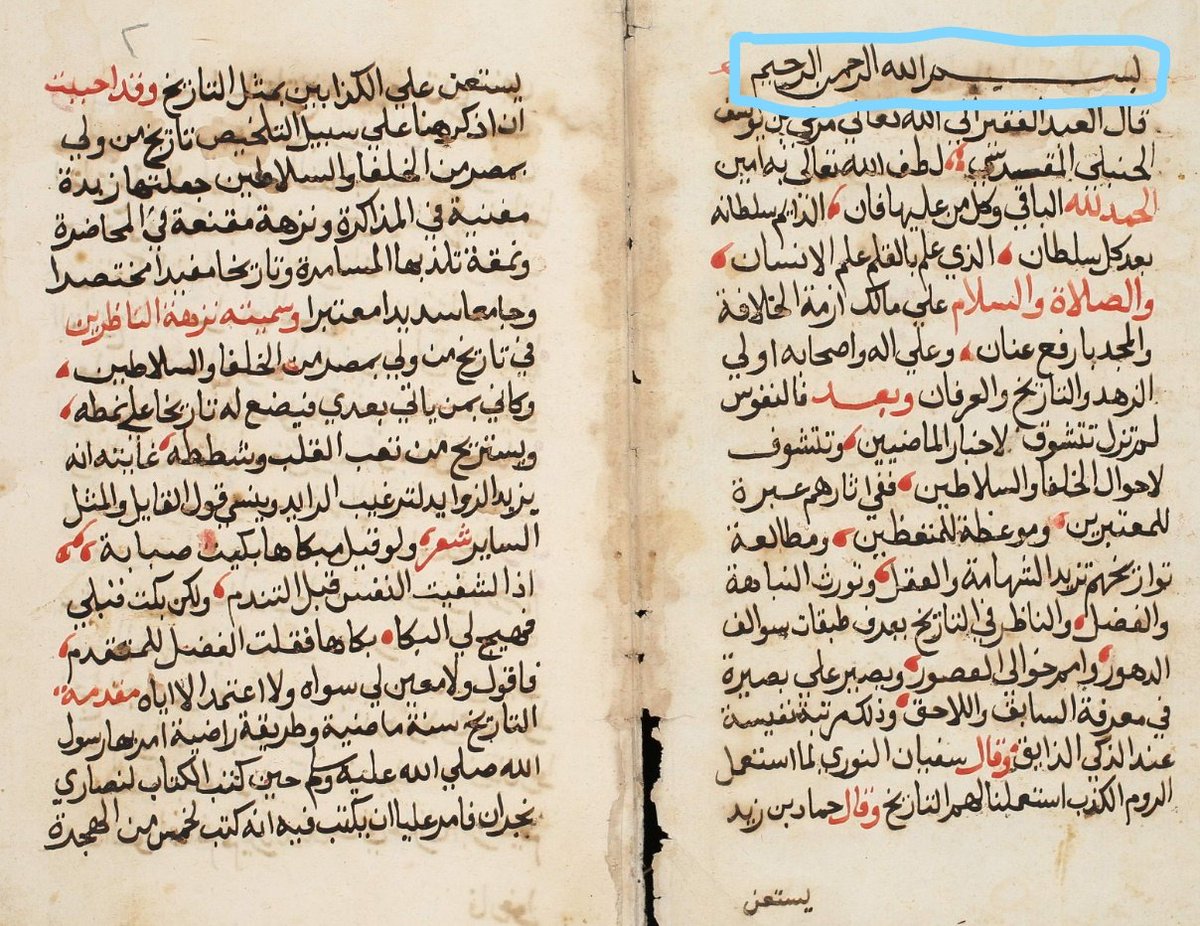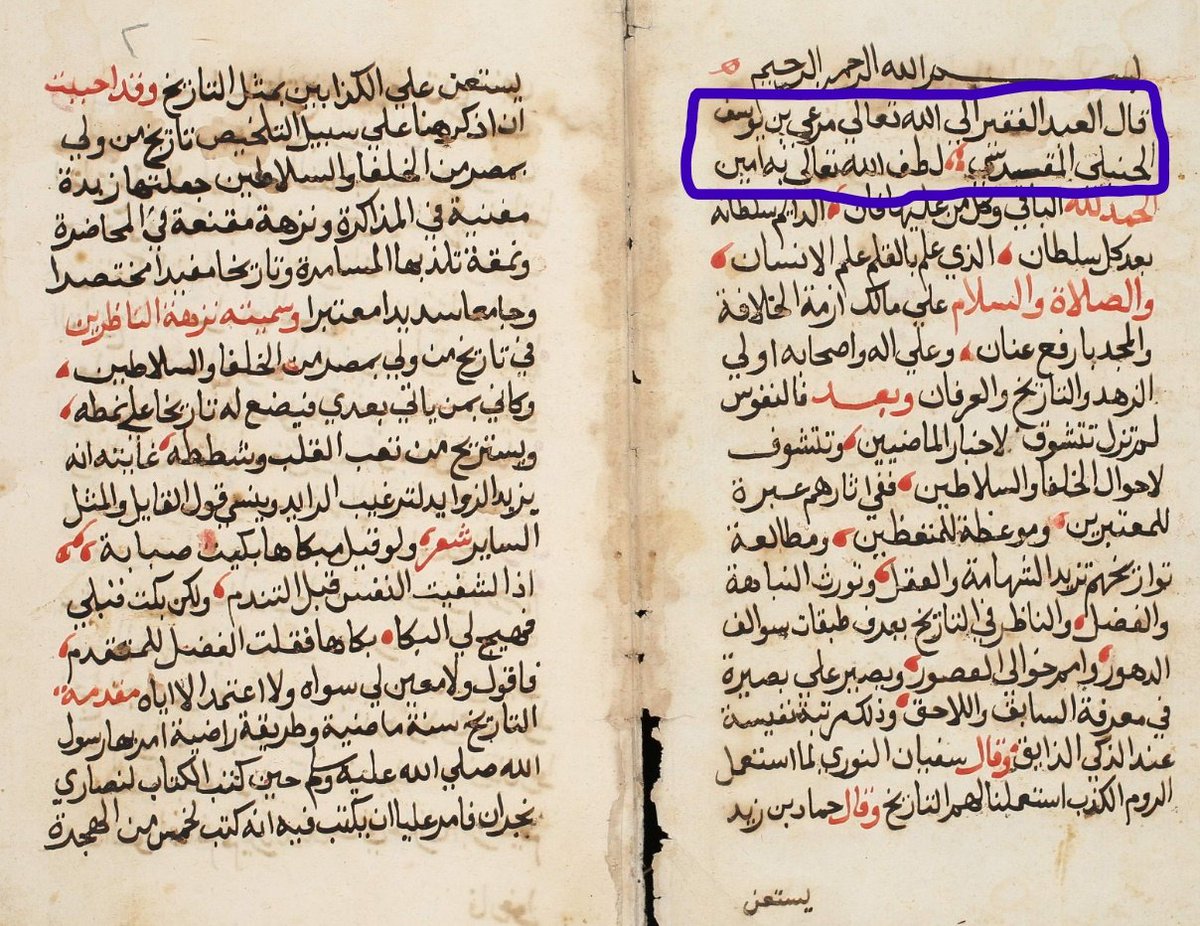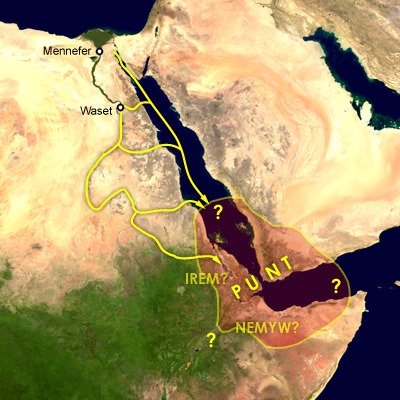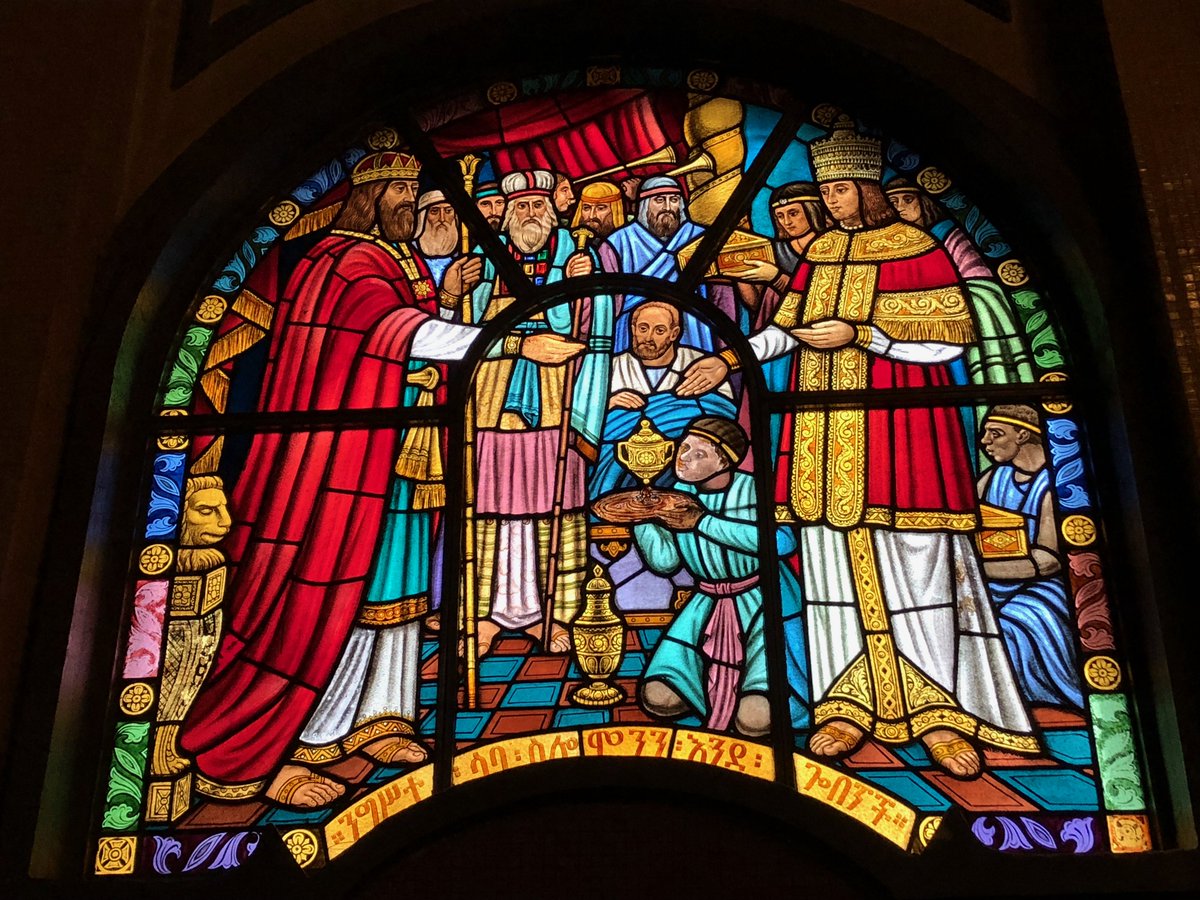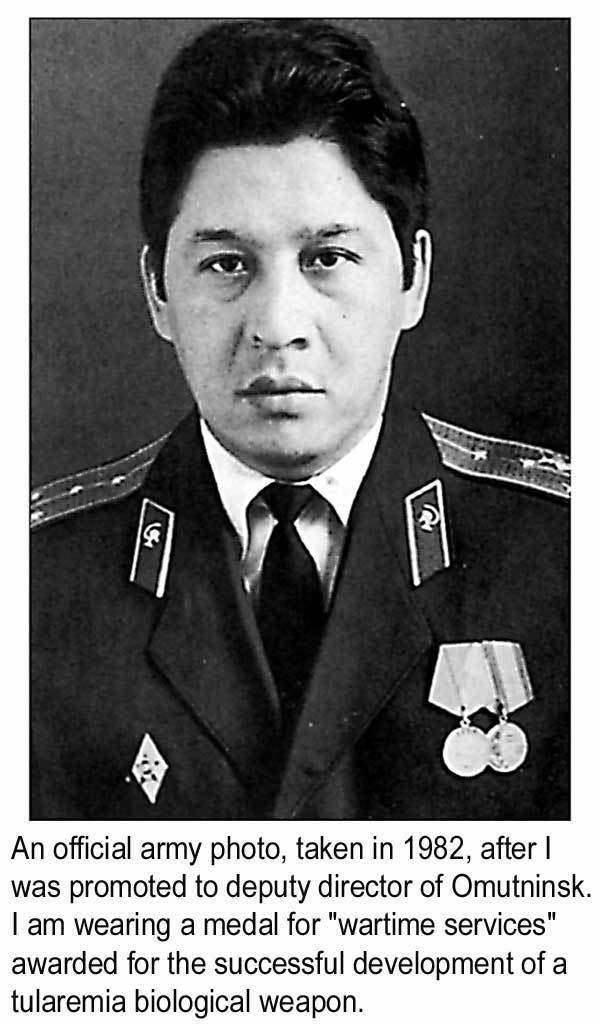This is a real-life incident as narrated by Prof. Krishna Bihari Pandey titled "Sati Savitri"
Sati Savitri is a well known puranic figure from Srimad DeviBhagwatham and Mahabharatha as one of those who fought with Yama to save her husband.
2/
This story is a modern real-life experience which mimics the puranic account in it's own unique way.
The story occurs in 1975 with Prof and his wife in Delhi with professor working as a researcher in university. Prof's family is in Allahabad in a large joint family
3/
Once Prof gets to know that his mother is not keeping well. He goes to his native and brings his mother. With dedicated care of his wife, his mother recovers quite remarkably and regains full stamina and strength
Mother-in-law & Daughter-in-law go out for shopping frequently
4/
Life's going smooth until one day when they receive a telegram that Prof's father is not keeping well.
His mother is distressed about the situation and requests her son to take her to the native. Prof is a little angry due to frequent travels and turns it down
5/
He says : There are 2 more brothers there. They can take care. You don't have to worry.
Mother is not happy, but helpless. As fate would have it, Prof's nephew visits from his village and his mother says she will go with him to the village.
6/
They pack all her belongings in a new trunk purchased for this purpose and books seats in a train and send her off.
Life's back to normal to the Prof for 15 days after which they receive a telegram that "Mother has passed away"
7/
Professor, his wife and another nephew who was visiting are shocked beyond belief. They can't believe such an incident could have occurred.
They book tickets and go their native all along praying that this is not a true incident
8/
When they reach the native, the worst-feared is true. Prof's mother indeed would have passed away.
All those around say, "If someone else would have told, we wouldn't have believed it. But we are those who were present through this experience"
This is what transpired....
9/
When Prof's mother came back to village and goes to her husband, folds her hands and prays to God.
She circumambulates the bed 7 times, goes to Ganga and takes a dip. She gets a small pot of Ganga Jal and offers to the Devi at her home
10/
She says "O Devi, what's happening here is incorrect. Please give me the disease that my husband is suffering with. Please cure him and take me instead"
Saying so, she sits next to his cot. Looking at her, her husband says: You look more beautiful than the day we got marrie
11/
She smiles, but doesn't reply back.
With passing time, she develops fever. Her husbands starts to improve while her condition deteriorates.
One of her sons would have come from Kolkotta. When he wishes to go back, she asks him to stay back for 1 more day
12/
The next day, the lady passed away. When she breathed her last, her 2 sons were in front of her, couple of them outside India.
When her husband was fit, hale and hearty, she breathed her last. Even though her name was "Anupama Devi", the entire village named her "Savitri"
13/
What an amazing experience. I had goosebumps as I read the story and wrote this thread. Real life experiences are so amazing, we get to learn something new everyday
Ref: Bharat Darshana Dec 2020 Magazine
🙏🕉️🙏
